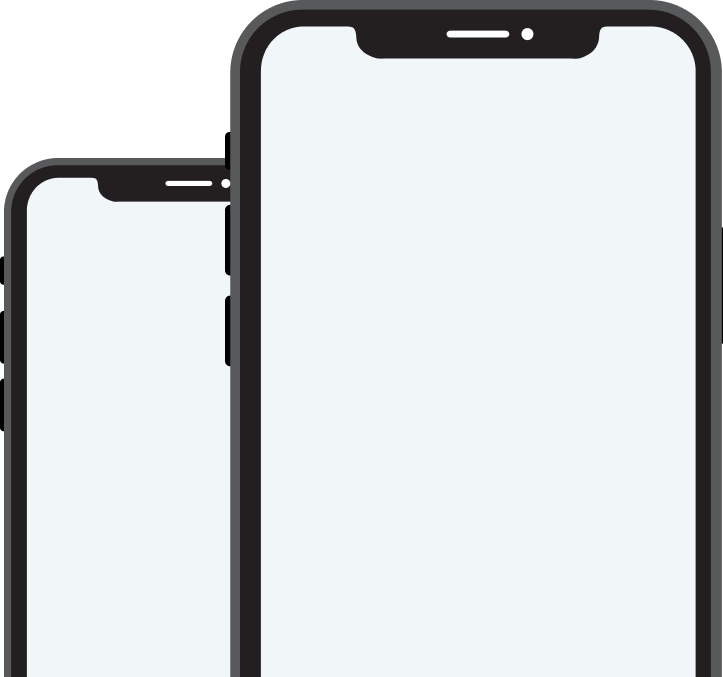Duis aute irure dolor in reprehenderit in voluptate velit esse cillum dolore eu fugiat nulla pariatur.
Business solutions for all of us
Business solutions that help you grow
Business solutions for your success

Use on every platform
Our solutions are available on every platform so you can start your work one a device and continue to the next
No credit card required. Free for the first month, then $9.99/mo
Be the first to get our news and offers
Customers from all around the world enjoy our newsletter. Sign up and enjoy tips and special offers in your inbox.







